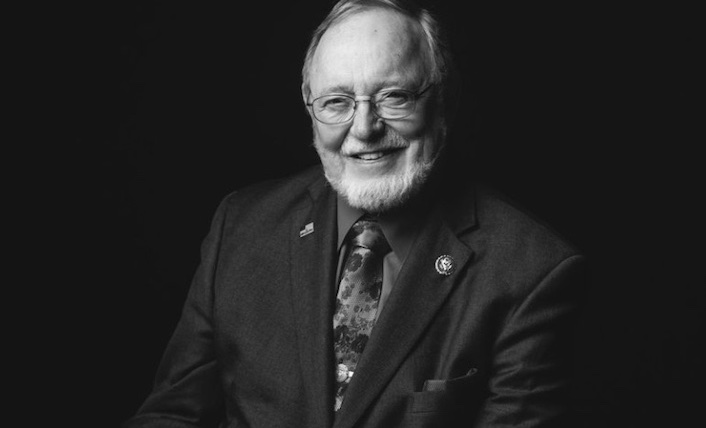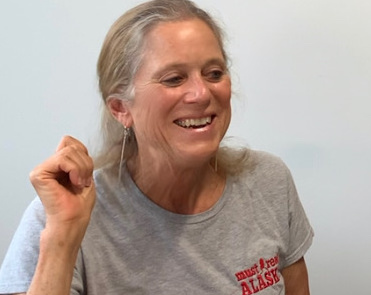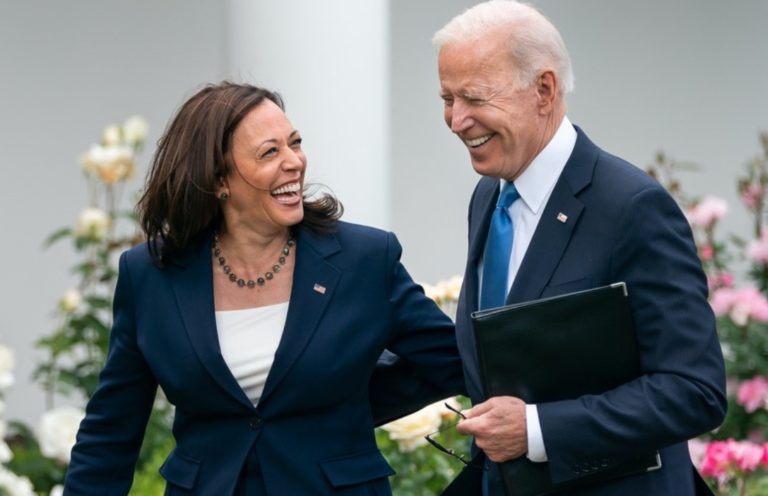On March 18, 2022, Alaska and American history took a huge turn, when Congressman Don Young died while on a flight back to Alaska. He had served the state for 49 years in Congress, and before that as a state House and Senate member, and the mayor of Fort Yukon. When he died at age 88, he was the longest-serving Republican in the history of the U.S. Congress; he had worked with 10 different presidents, starting with President Richard Nixon and ending with Joe Biden.
Young was born on June 9, 1933 in Meridian, Calif. After earning a bachelor’s degree in teaching from Chico State University and serving in the U.S. Army, he moved to Alaska in 1959 and settled in the village of Fort Yukon, seven miles north of the Arctic Circle, where he became a school teacher, tugboat captain, miner, and trapper. From 1964 to 1967 he was the mayor of the predominantly Gwich’in Athabascan village. He married Lula Young in Fort Yukon and they had two daughters, Dawn and Joni, and later 14 grandchildren. After Lu’s death in 2009, he met and married Ann Garland Walton in 2015.
Young served as chair of the Natural Resources Committee and the Transportation and Infrastructure of the House of Representatives. He was chairman of the Subcommittee on Indian, Insular and Alaska Native Affairs.
Known for being both irascible and able to work across the aisle with all political perspectives, among his notable achievements was working to ensure the authorization of the Trans-Alaska Pipeline System and important amendments and the Alaska Native Claims Settlement Act.
Young authored and advocated for the Indian Self-Determination and Education Assistance Act in 1975, the Magnuson-Stevens Fishery Conservation and Management Act in 1976, the National Wildlife Refuge System Improvement Act of 1997 in 1997, SAFETEA-LU in 2005, Multinational Species Conservation Funds Reauthorization Act of 2007, and the Infrastructure Investment and Jobs Act in 2021.
After his death, Gov. Mike Dunleavy called for a special election, as required by statute, and although Nick Begich was already a candidate for the position, having filed to challenge Young in the previous October, several dozen other Alaskans put their names in for the seat, including former Gov. Sarah Palin.
In the end, Alaska elected Democrat Mary Peltola to fill the temporary seat for the long-time Republican, and Peltola then went on to win the two-year spot in Congress, where she serves today, the first Democrat to represent Alaska in Congress since former Rep. Nick Begich Sr. died in a plane crash in 1972 en route to Juneau from Anchorage. Her tenure has been marked by extreme partisanship.
“It’s been a year now since we lost Don Young. As I reflect upon his life it seems only fitting that he passed on his way home to Alaska. The place that he loved. For Don Young was all about Alaska – truly the congressman for all Alaska. Even after 49 years in office Don was tireless, even relentless in his advocacy for legislation and initiatives that benefitted Alaska. Don did everything in his own gruff, feisty, and passionate style. He was a force of nature.” Sen. Lisa Murkowski said. “He strongly supported Alaska Native peoples, led the authorization of the Trans-Alaska Pipeline System, improved Alaskans’ access to public lands, and so much more. He was a big help in our fight to open Willow and would have been pleased with the news this week. I think about him every day, and miss his tough and loving spirit. He was Alaskan to his core, and I’m forever grateful for all that he did for our state and its people.”
Since Young’s passing, Sen. Murkowski and Sen. Dan Sullivan have introduced measures honoring the late congressman, including:
- Resolution Honoring Congressman Don Young
- The Don Young Arctic Warrior Act, legislation to alleviate some of the hardships faced by service members in Alaska, most of which was signed into law in December 2022.
- The Don Young Recognition Act, which designated one of the most active volcanoes in the Aleutian Islands, formerly known as Mount Cerberus, as Mount Young; the federal office building in Fairbanks as the Don Young Federal Office Building; and the Job Corps Center in Palmer as the Don Young Alaska Job Corps Center. It became law in December 2022.










